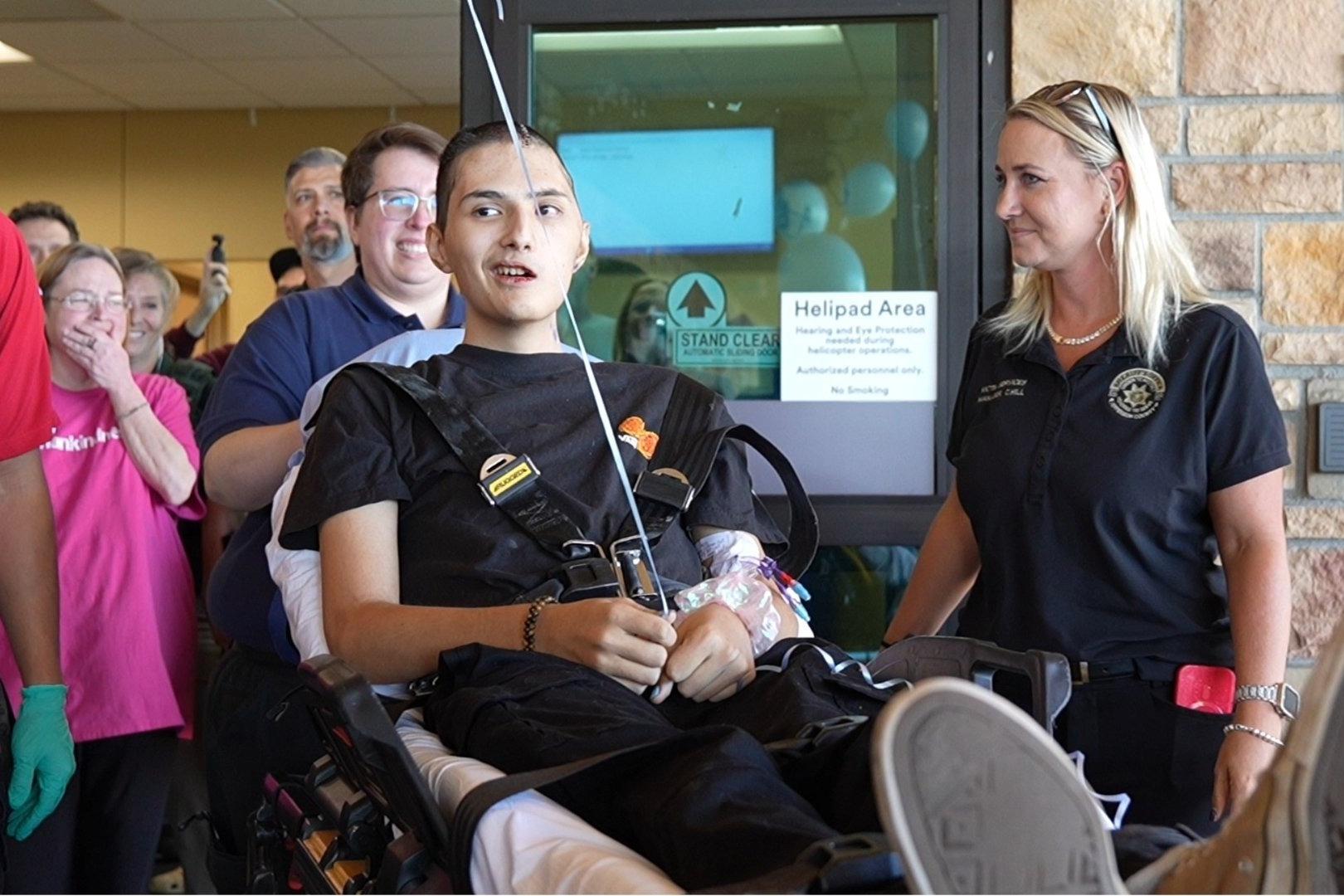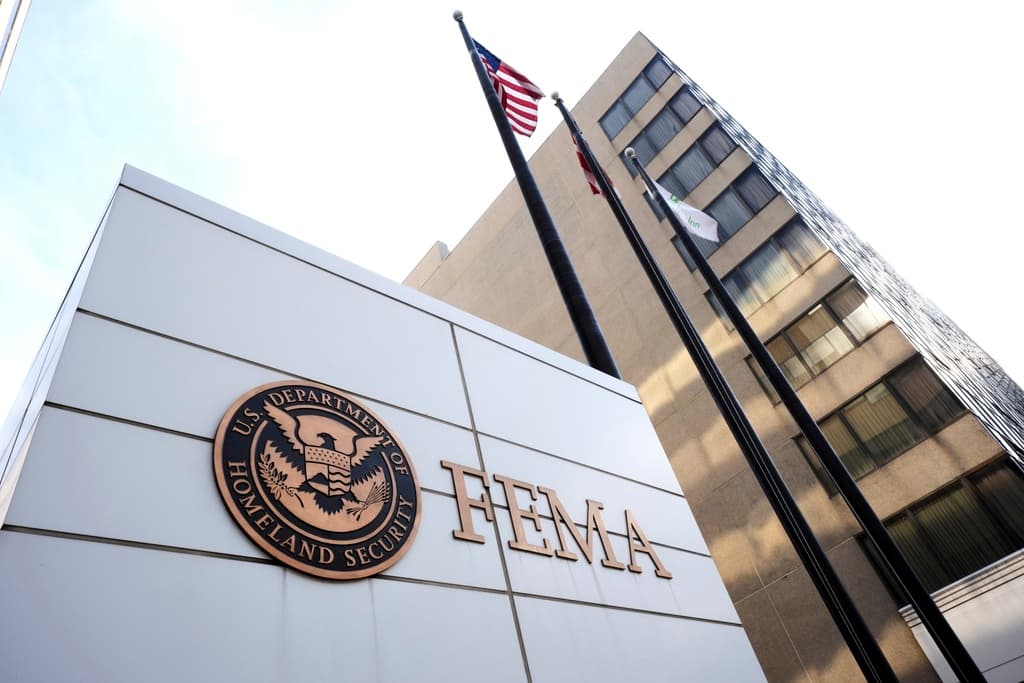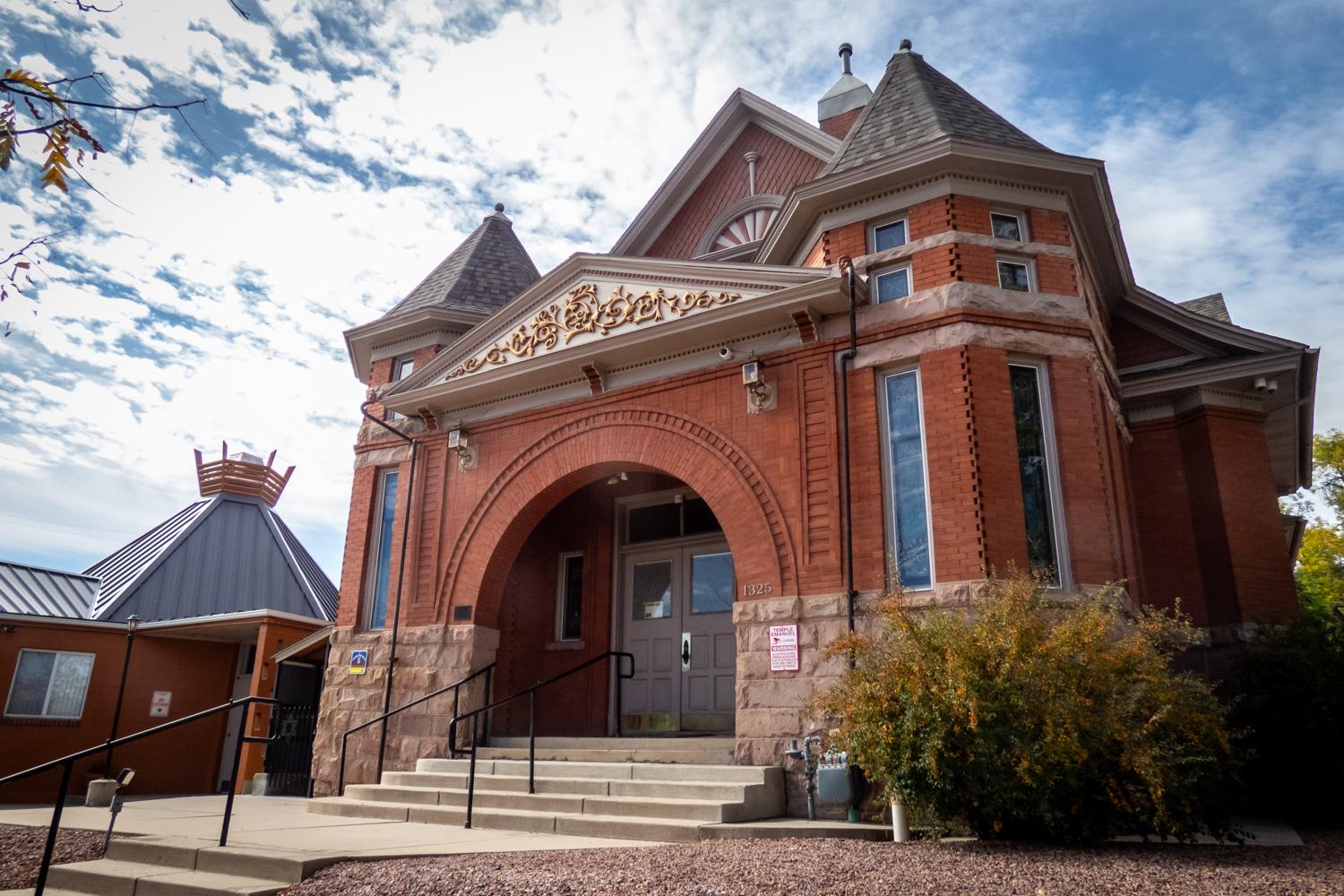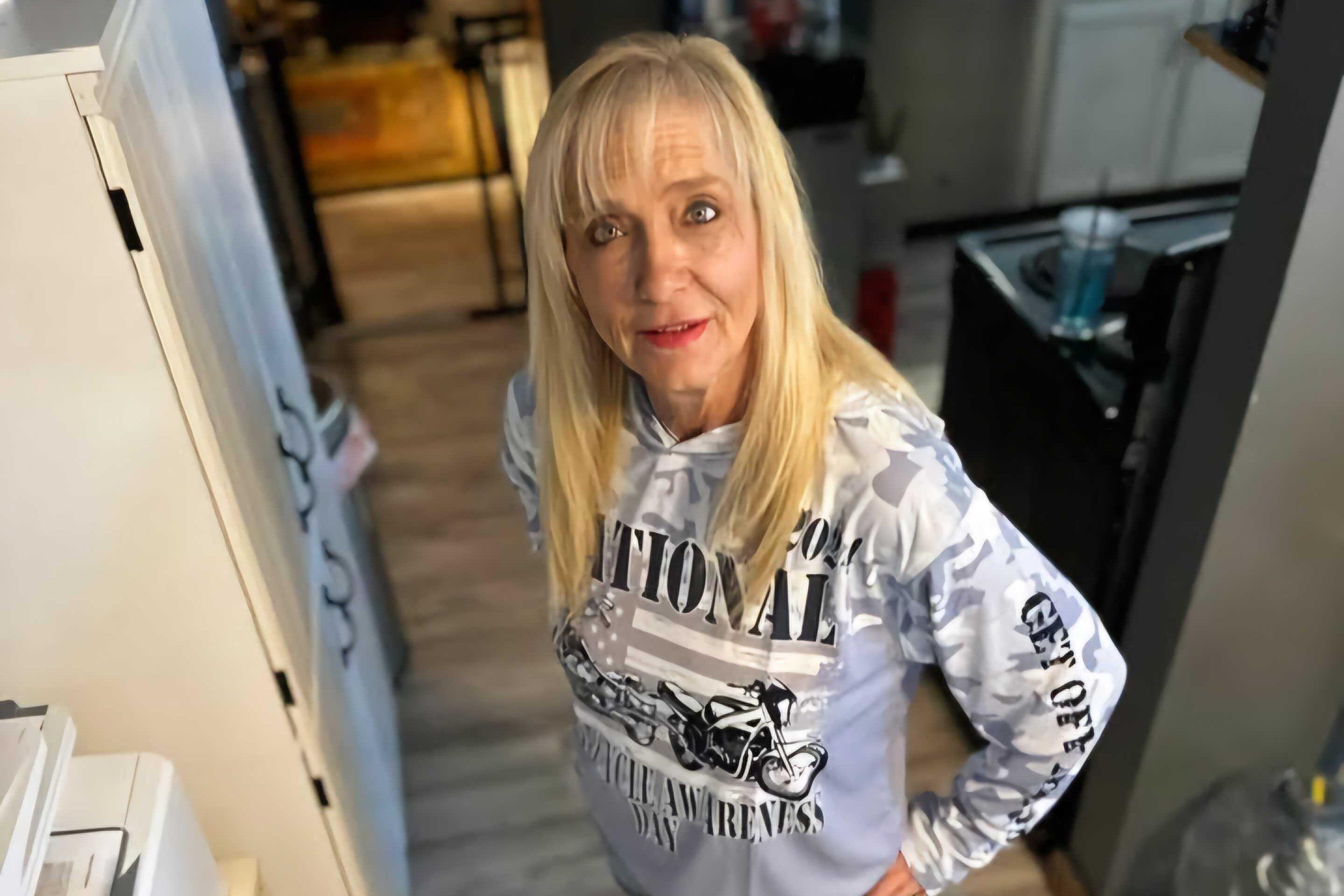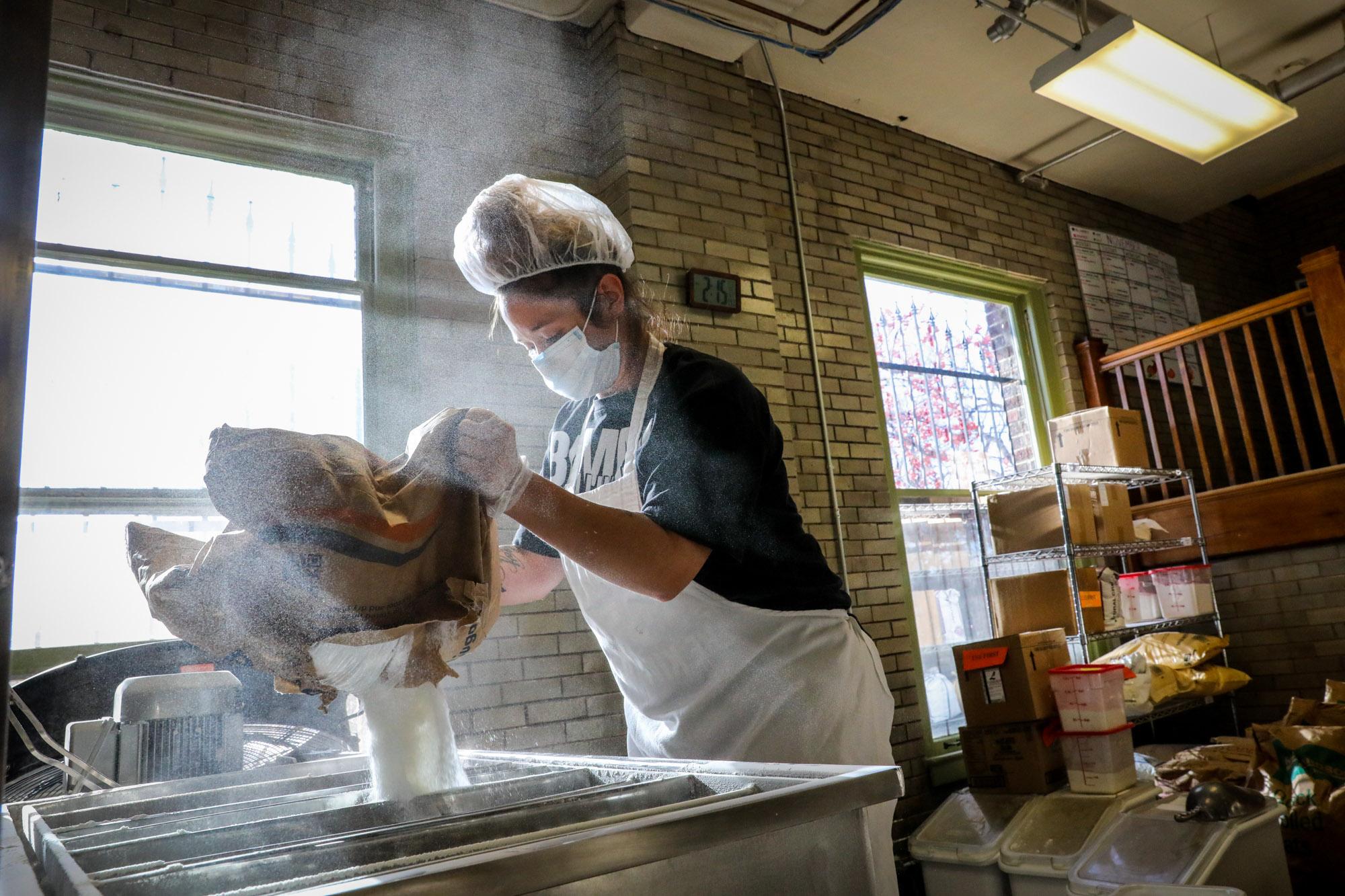
Sabina Dyer wakes up at 4:30 a.m., then takes two buses to get to her job at the Women’s Bean Project in Denver. The commute is an hour and a half each way, but it is worth it to Dyer.
As a person in recovery, with a felony for robbery on her record, Dyer was relieved when she got the job. “I just didn't think I was going to get hired anywhere,” she said. “But this place gave me a chance to grow as a person and gain some skills.” Not long after she was hired, she was promoted to lead production assistant to oversee the making of the organization’s many food products.
For the past 30 years, the Women’s Bean Project has given jobs and training to women to help them gain financial independence. The nonprofit was started in 1989 by Jossy Eyre, who was volunteering at a daytime shelter for women and children experiencing homelessness. Eyre noticed that while the shelter kept the women safe, it wasn’t able to help them maintain jobs and independence. She saw countless women leave the shelter because they found a job, only to return because of issues with childcare, housing, abuse or addiction.
Eyre thought she could teach women job skills by giving them jobs, so she invested $500 of her own money and hired two women to make a 10-bean soup mix. The nonprofit grew from there. It now makes baking mixes, spice blends and other food products in addition to soup mixes – 10-bean is still their best-selling product.
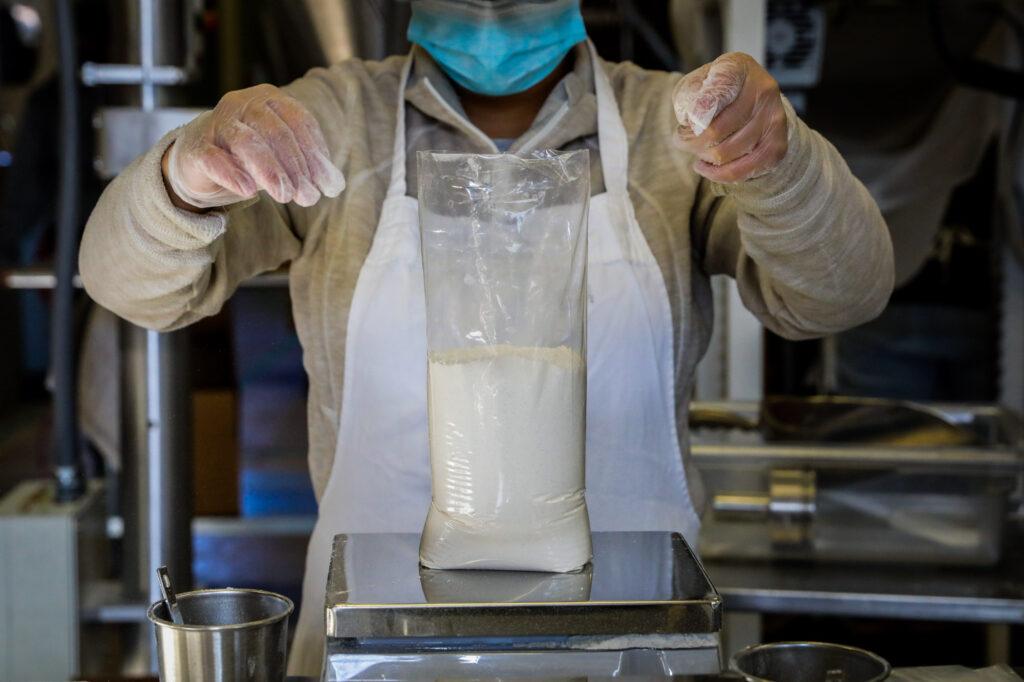
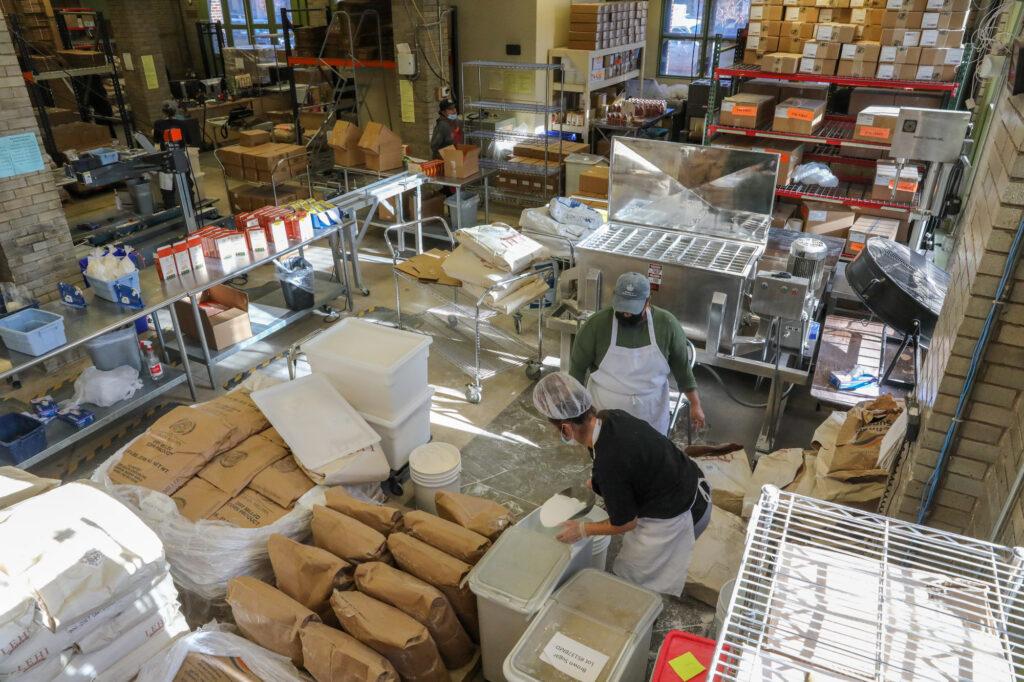
Today, Women’s Bean Project relies on its sales and fundraising to keep offering jobs and job training for women.
At the beginning of the pandemic, CEO Tamra Ryan said the organization saw a rise in sales of their soup, cornbread and brownie mixes as people began making food at home. Sales in the first two weeks of March, 2020 outdid the sales in all of 2019, Ryan said.
While 2020 was a big year for the organization, 2021 sales are on target to be even higher. Ryan hopes to match or exceed their earnings this year and said reaching that goal depends on what they sell over the holidays – when the majority of customers buy their products.
Amid rising sales, the organization has faced pandemic-caused problems with sourcing and logistics that have made keeping up with demand a challenge. “We're just doing the best we can with supply chain issues,” Ryan said. “Random things run out and we have a hard time getting them, but we just do everything we can to make it work.”
Ryan also fears that the stress of the pandemic will have an outsized impact on their employees because the women they hire are more vulnerable to stress than the general population, especially those with drug and alcohol addictions, and mental health issues.
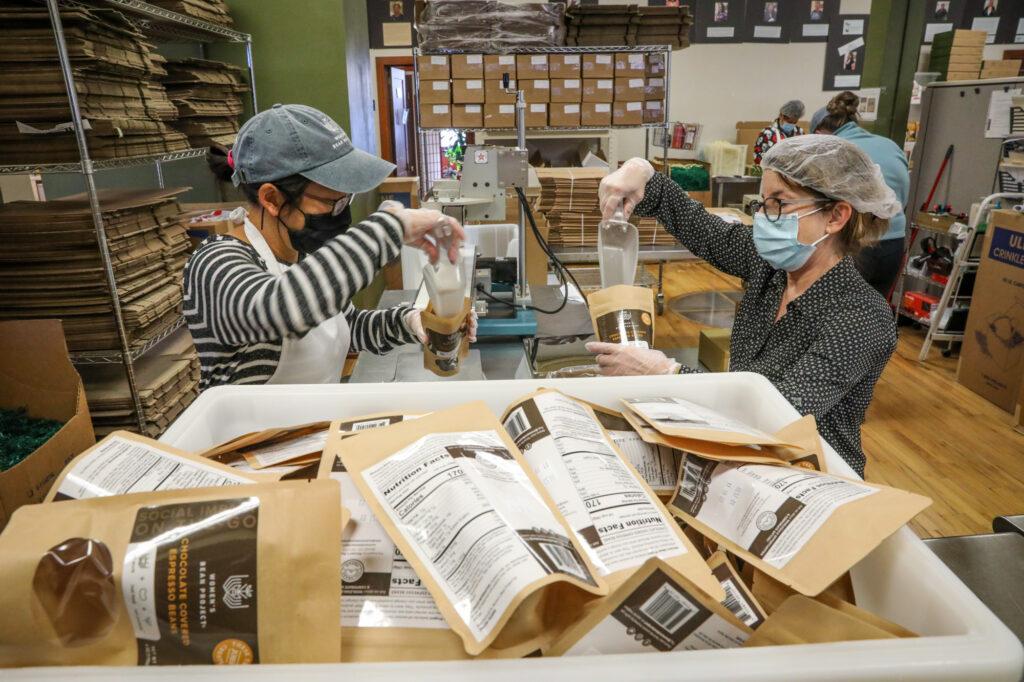
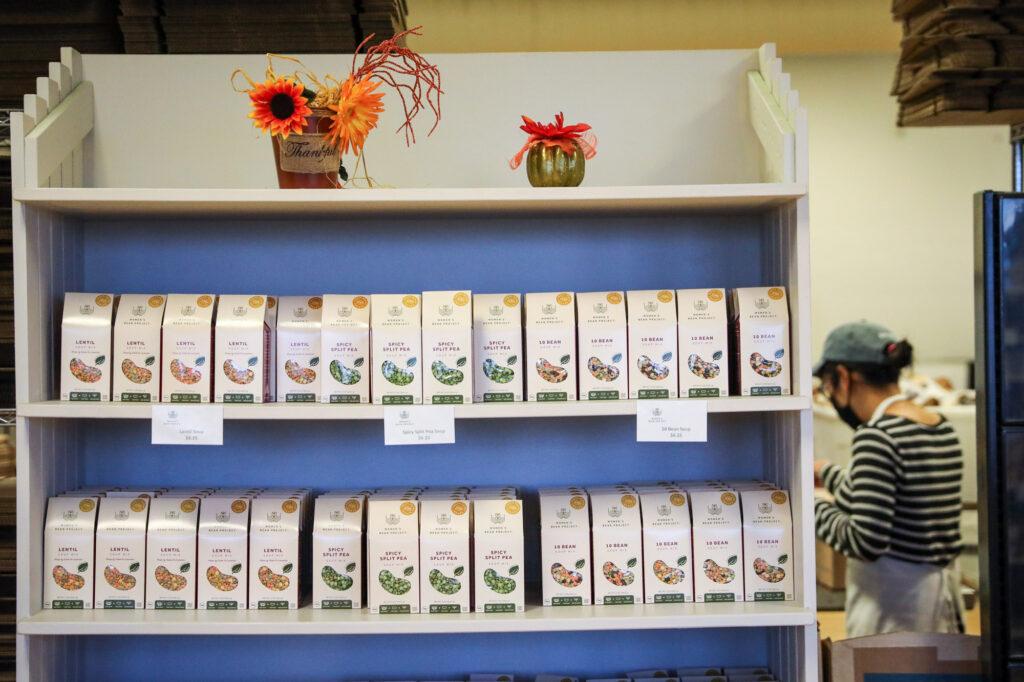
“You layer onto that the problems we’re having with housing in our community,” she said. “All those things are really making it challenging.”
Still, Ryan said the women who work at the organization are used to facing barriers; The group’s main mission is to help them overcome those barriers.
“We will just do everything we can to make it work. I think when we do that, when we [have] a positive attitude about what we can accomplish, that's setting a really good example for the women.”
So, the Women’s Bean Project is forging ahead. It will move into a larger facility in Denver in late spring to increase what they make and serve more women.

